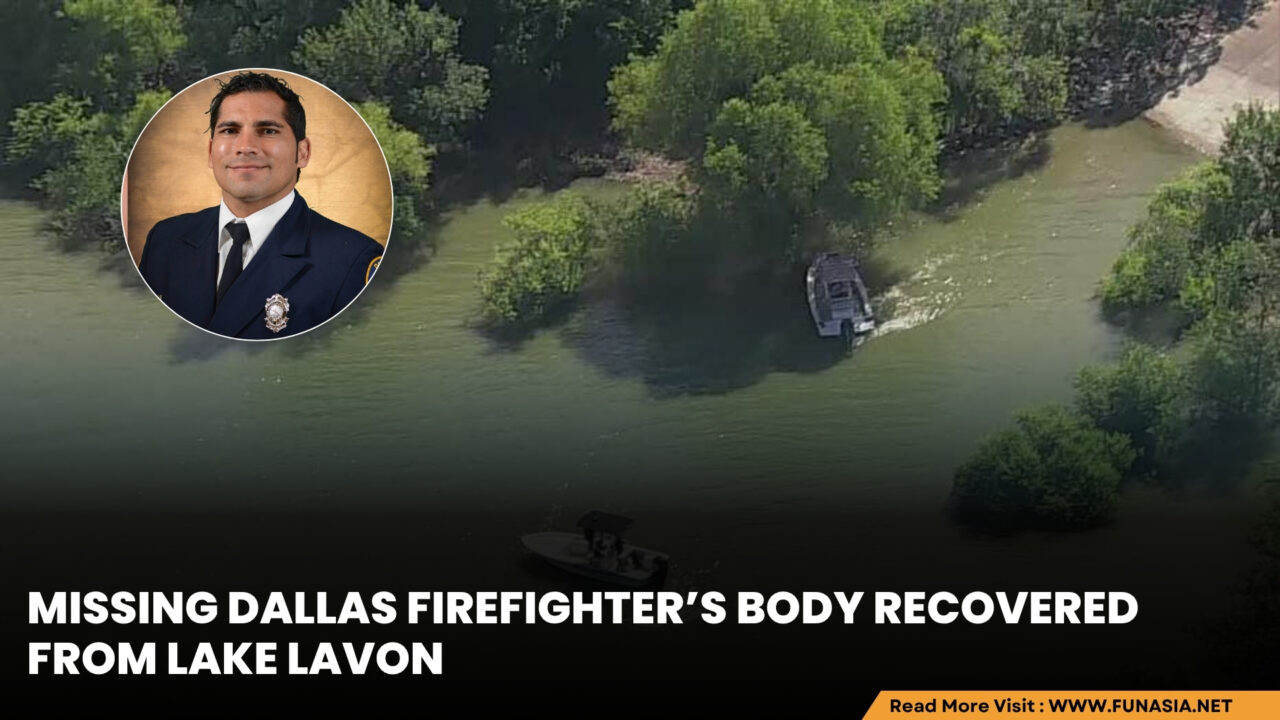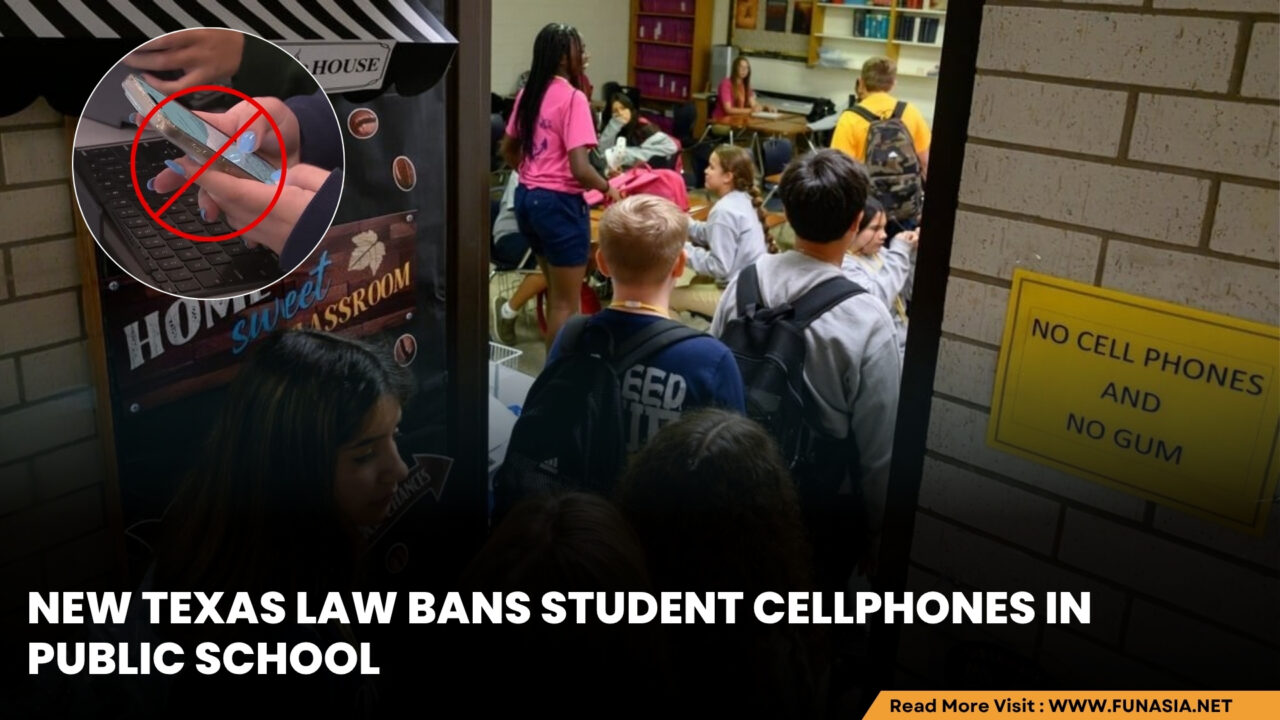
Texas Panhandle Wildfire Hearings: Accountability and Aerial Conflicts in Focus
Hearings into the Texas Panhandle wildfires commence, highlighting accountability and conflicts over aerial resources.
The devastating Texas Panhandle wildfires, scorching over a million acres, have triggered a series of hearings aimed at unraveling accountability and addressing conflicts over aerial resources. As a special statehouse committee delves into the aftermath, crucial issues surrounding responsibility and coordination have come to the forefront.
Kicking off the three-day hearing, members of the committee directed pointed questions at officials from the Texas A&M Forest Service, seeking clarity on the chain of accountability. A pivotal moment arose when queries about the department’s Predictive Analysis Department were met with revealing responses, shedding light on operational capacities.
However, tensions escalated when committee members probed the Forest Service about assigning responsibility for the fires. Despite early reports implicating downed power lines, officials seemed reticent to apportion blame, drawing criticism from committee members.
The hearings also spotlighted conflicts over aerial resources during the initial wildfire outbreak. Concerns were raised about delays in deploying outside aircraft, with committee members expressing frustration over the perceived inefficiencies in resource allocation.
In a poignant exchange, committee member Jason Abraham, a rancher and pilot, recounted being waved off from a fire scene just before it engulfed a home. His testimony underscored the urgency of the situation and the need for swift and efficient response measures.
The proceedings also shed light on the Best Value Determination process, which delayed the engagement of locally owned aircraft. This process, criticized for its failure to prioritize people and property, underscored the need for a reassessment of resource allocation protocols.
As the hearings continue, with public testimony scheduled for Thursday, the focus remains on identifying areas for improvement and formulating recommendations for future legislative action. With a comprehensive report due by May, lawmakers are poised to address the systemic challenges exposed by the wildfires, ensuring a more resilient response framework for future emergencies.












